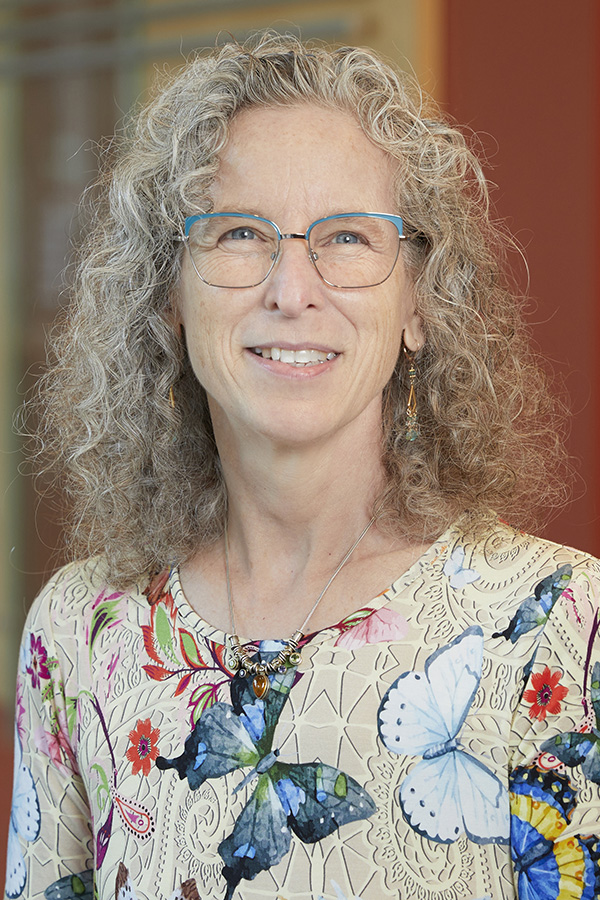Welcome to the Wallace H. Coulter Department of Biomedical Engineering at Georgia Tech and Emory University.
It is my honor to serve as the fifth permanent chair of one the nation’s best biomedical engineering programs. Our Department is a truly unique partnership where innovation, collaboration, and teamwork are embedded in our very foundations: We harness the resources and talent of one of the nation’s highly regarded private medical schools at Emory alongside those of a top-tier public engineering college at Georgia Tech. We are one Department on two campuses, with all the opportunity and connections of both available to our students and faculty.
Our world-class researchers combine clinical insights, biological approaches, and advanced engineering technologies to address unmet clinical challenges and accelerate the discovery of new diagnostic tools and treatments. We’re revolutionizing approaches to understand, detect, and treat diseases in adults and children using bioengineering, immunoengineering, regenerative medicine, biomechanics, cancer technologies, cardiovascular and neural engineering, imaging, robotics, and computational biomedical analysis. And it all happens in a multidisciplinary culture that stresses a team approach in our classrooms and our labs.
Think of the most significant challenges in health and disease; you’ll find our students and faculty members working on them all — immune disorders, brain injuries, cancer, visual impairments, Alzheimer’s, Parkinson’s, arthritis, cardiovascular and neurological diseases, and many others.
Meanwhile, our highly ranked undergraduate and graduate biomedical engineering programs are developing leaders who will address the grand challenges that lie ahead. Our diverse, brilliant students from around the world are learning to solve complex, real-world problems. After graduation, they pursue further education in highly competitive graduate schools and are sought-after candidates in a variety of industries worldwide.
The flexibility of our program means that students can chart their own future. Three of four undergraduates pursue research opportunities on our campuses. Many work closely with faculty and clinicians to gain important insights into human health and disease and to translate that knowledge to industry and clinical practice. Others explore innovation and entrepreneurship with the help of programs like CREATE-X, a Georgia Tech initiative designed to build entrepreneurial confidence and help create new business opportunities for entrepreneurial students.
The Coulter Department also is focused on evolving our curriculum and leading in the development of engineering pedagogy. From the beginning, our Department’s architects infused our classes with problem-driven learning approaches. Now, with the support of the National Science Foundation, the Kern Family Foundation, and others, we’re employing innovative techniques like story-driven learning that helps students make connections about what they’re learning, who they are, and where they’re going. They learn how to tell their story and see themselves as engineers ready and able to act, using their skills to solve critical problems and improve the human condition. Our evolving curriculum creates engineers who celebrate and connect with diverse individuals so everyone is fully included in the problem-solving process.
We work every day to enrich and expand the impact of our Department, locally and globally; to enhance interdisciplinary research and education opportunities; to increase interactions with industry; and to catalyze our influence around the world.
I invite you to explore this site further to see some of the ways we’re doing that and to learn more about the people who make up our Coulter BME family. You can also find us on Twitter, LinkedIn, Instagram, and Facebook. And, of course, we’re here to help; don’t hesitate to reach out to us.
Sincerely,
Alyssa Panitch, Ph.D.
Wallace H. Coulter Department Chair and Professor

